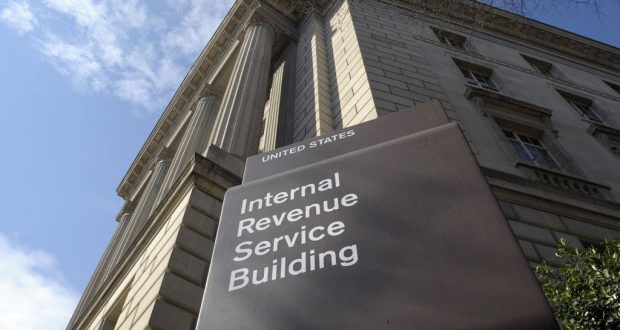The Internal Revenue Service of the United States of America has recently issued several tax refunds to citizens that accurately declared their crypto possessions.
Back in August 2019, the IRS had issued warnings and sent letters to a couple of known crypto investors that the assets that were in their possession are subject to taxation, and therefore would be appropriated with a fine if failing to comply with taxing laws.
Many crypto investors didn't worry about the letters too much, knowing that tracing their assets would be next to impossible and disregarded the threats. Others though took the issue seriously and filed all of their due taxes to the IRS immediately.
One such example is a man that paid around $3900 on his crypto investment tax, hoping that it would be sufficient to keep his account active for the near future. He and many others that filed their taxes just received their tax refunds from the IRS cited as "for having good faith in the system".
Several experts are already calling this a PR stunt, knowing full well that tax refunds are not going to be filed to anybody else in the future.
A Wolf In Sheep's Clothing
According to several experts, the government, in this case, the IRS is not really sure about the cryptocurrency somebody may posess. They simply have a hint of information as this person had been dealing with some kind of crypto exchange inside or outside of the United States. Therefore, they are simply guessing that there are some assets to be had there.
Because of this, they had sent out warning only to those people that they knew had some kind of crypto assets and received their filing documents. Whether or not these documents are correct though is still not determined.
This gesture from the IRS looks like a warning to "give us the correct information while you still can". It's like telling the crypto investors that the more they report, the more they will get as a tax refund. Their assets will be legitimized and they will not have to risk any kind of investigation on their heads.
Although cryptocurrencies still have a relatively grey-ish regulation in the United States, the government somehow managed to classify them as taxable income. But unlike any other tax, where the IRS knows exactly how much one owes them, cryptocurrencies are a bit more difficult track. For a company, it may be very hard to avoid these taxes, but for an individual with a cold wallet, it's almost like a walk in the park.
 You, Me, and BTC Your Liberty & Bitcoin Podcast
You, Me, and BTC Your Liberty & Bitcoin Podcast





